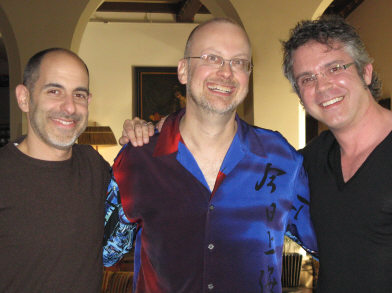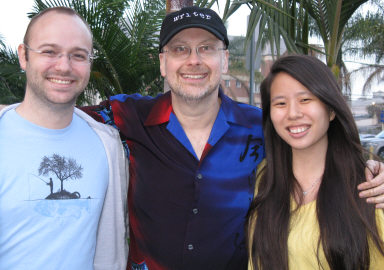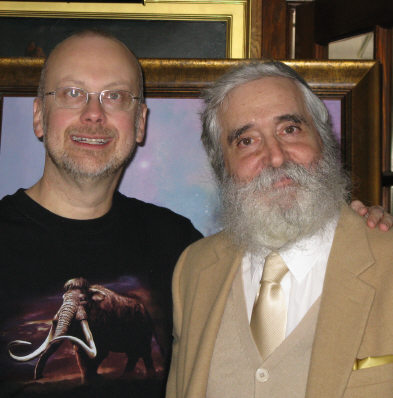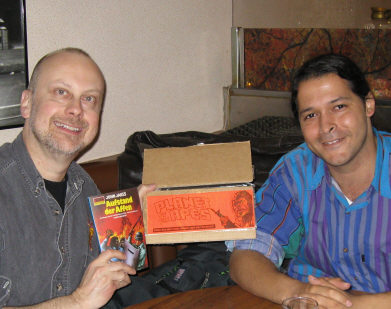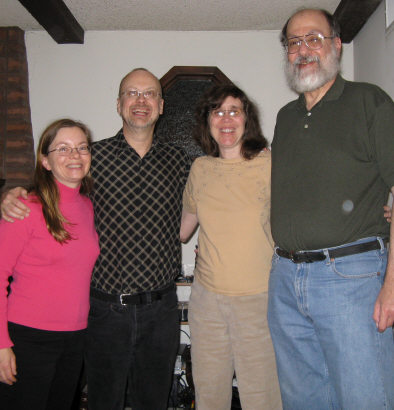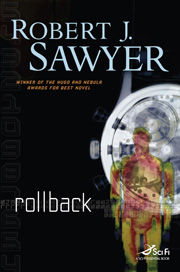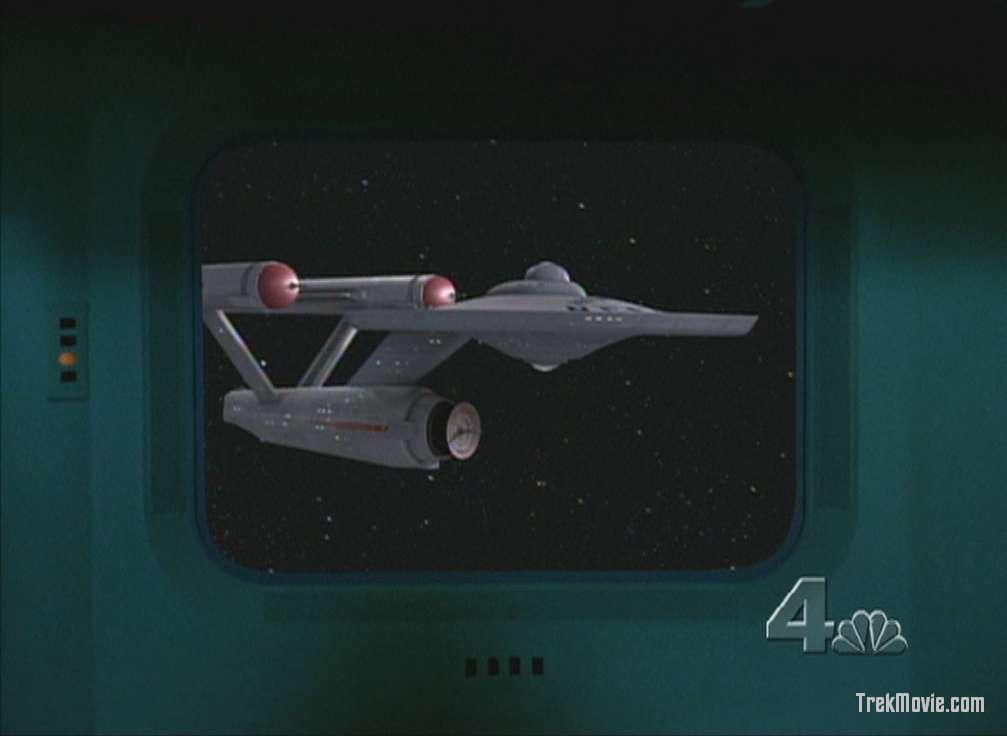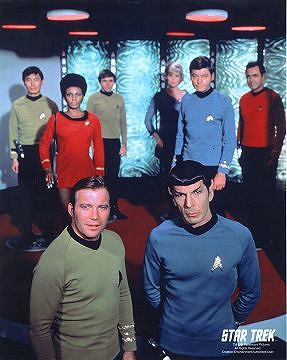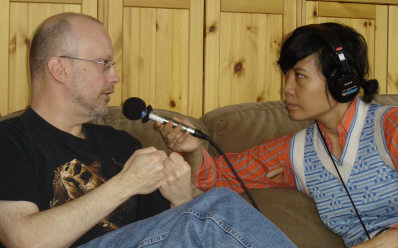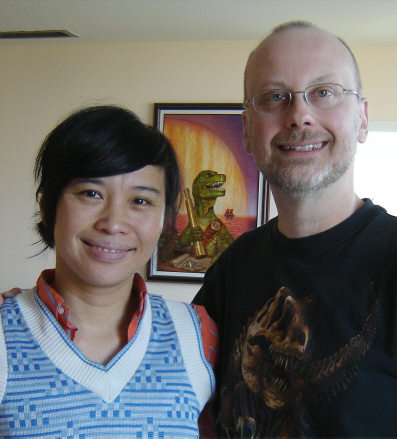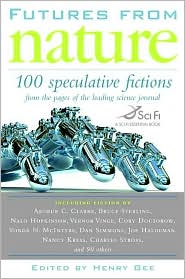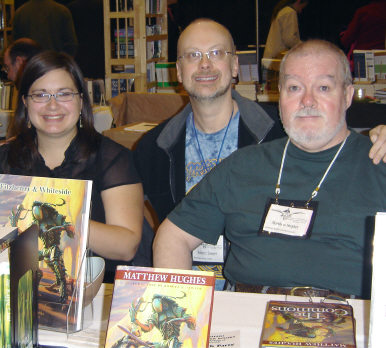Well, the segment went much longer than I'd been told; I'd been told it would go ten minutes, and we recorded half an hour worth of material.
In the heat of it, I said that
Star Wars never won a Hugo, which, of course, is wrong, and I apologize for that. :)
Anyway, the semgent is scheduled for tomorrow, although I'm not sure where in "Sounds Like Canada" it'll appear.
They only used one of the two clips I suggested -- the "Lord Garth" one, not the one about Uhura not taking offense at Lincoln's comment. That disappointed me, because I think it's the lesser clip -- but the
Star Wars clip they used was just vapid, sadly (C-3PO introducing himself to Luke for the first time) -- nothing really to comment on, for either me, or my opponent in the debate.
The one area I agreed with my opponent on was the unfortuante militarism in
Star Trek (although how one could portray
Star WARS as a pacifist alternative eluded me); I hate the military aspect of
Star Trek, and my Hugo and Nebula Award-nominated novel
Starplex was my attempt to portray a
Star Trek-like world without that angle.
Ironically, though, the quote that they played was one of the moments were Kirk decried that, too. My friend suggested Kirk had no character growth in
Star Trek; I submit that his turning around from saying, in Season One, "I'm a soldier not a diplomat" (which my friend quoted) to saying admiringly in Season Three, of the organizers of a peace conference, "They were humanitarians and statesmen, and they had a dream that spread among the stars"
does in fact show character growth -- Kirk having learned from (a) his dressing-down by the Organians (who accused him of being a war-monger) and (b) from his love for Edith Keeler (who was a pacifist).
(My opponent's point being that Luke Skywalker had enormous character growth, whereas the
Trek characters remained static ... I'm not convinced of the former, and make at least a tentative case that the latter is untrue. Also, watching Spock mature as a commanding officer, and watching him become more comfortable with his human half, is character growth; I disagree with my friend that it makes no difference what order you watch
Star Trek episodes in.)
Ultimately, though, a lot of it came down to debating the strenths of a 1960s episodic TV show versus a 1977 movie, in budget, ability to have character growth, and so on -- issues that have nothing to do with
Star Trek or
Star Wars in particular.
Anyway, give it a listen tomorrow.
Rob (at the CBC Broadcasting Centre in Toronto)


